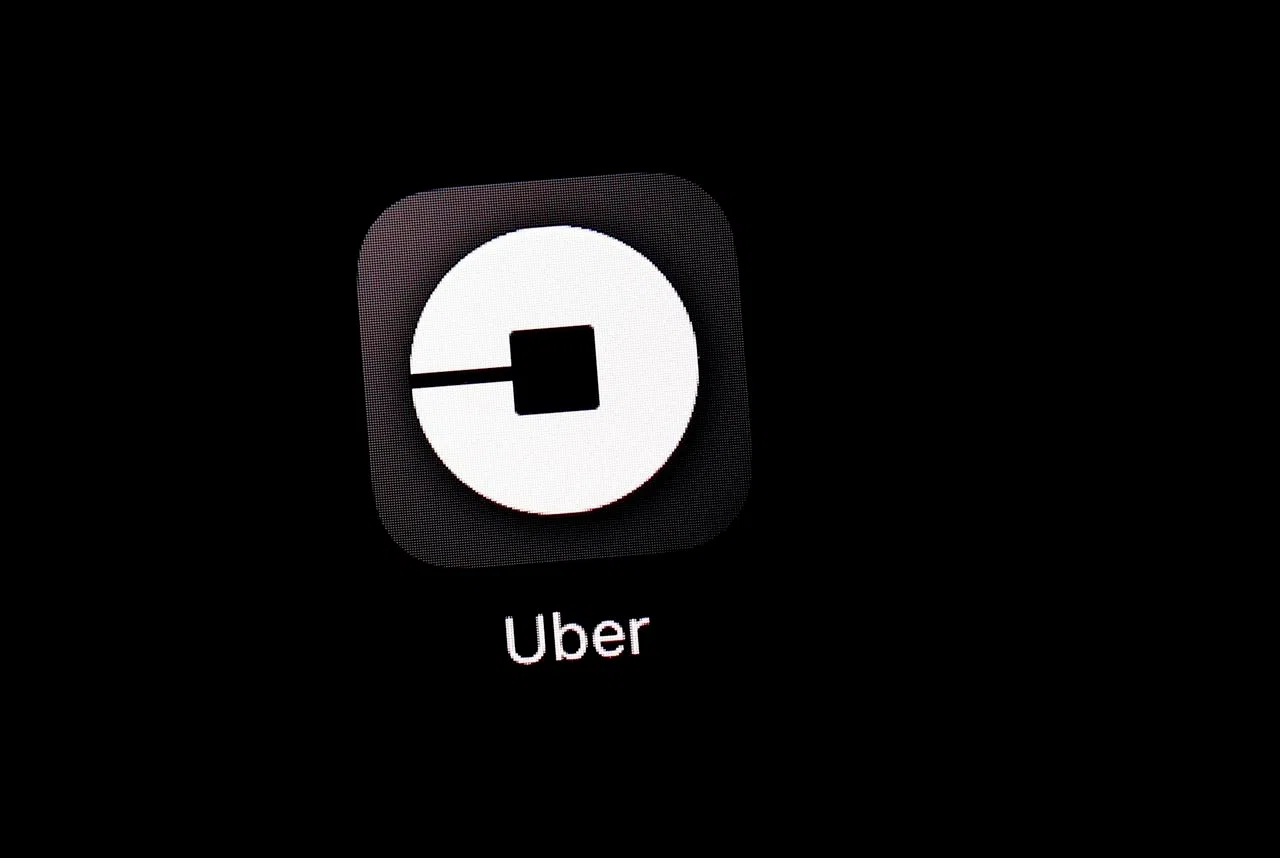
Proposed class action against Uber can proceed, appeal court rules
TORONTO — A proposed class-action lawsuit against the ride-hailing company Uber filed by one of its drivers will go ahead after Ontario’s top court reversed a lower court decision that would have sent the matter to arbitration overseas.
In a ruling released Wednesday, the Court of Appeal for Ontario says a clause in Uber’s services agreement that requires all disputes to go through arbitration in the Netherlands amounts to illegally outsourcing an employment standard and therefore cannot stand.
It further concludes that the clause takes advantage of the significant power and financial disparity between Uber and its drivers, who would bear up to US$14,500 in filing fees just to begin the arbitration process, no matter the amount at stake in the dispute.
“I believe that it can be safely concluded that Uber chose this arbitration clause in order to favour itself and thus take advantage of its drivers, who are clearly vulnerable to the market strength of Uber,” the appeal court said. “It is a reasonable inference that Uber did so knowingly and intentionally.”


